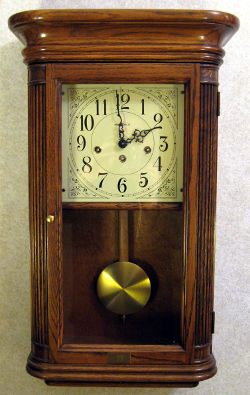I’ve become a fan of The Phil Vischer Podcast/Videocast. The show talks popular culture and Christianity, and it’s almost always thoughtful, despite verging into moments of silliness. (This is the guy who started VeggieTales, remember.)
The following episode has so many interesting talking points on Evangelicalism, evil, tolerance, witchcraft, control, the world becoming post-Christian, and the end of storytelling, I didn’t even know where to start to unpack it. Once you get past the Pope sneaking out of the Vatican to give alms to the poor (ends around 7:17), the conversation shifts to the depiction of supernaturalism in films and what constitutes good and evil in a post-Christian world.
At around 22:38, Phil, Drew Dyke, and Skye Jethani begin discussing what happens when diversity attacks shared values and how this destroys the ability to tell a story. Phil quotes screenwriting guru Robert McKee noting that when a society has no shared common values you can’t tell a story because no one will agree with the framing mechanisms of rightness and wrongness needed to make a statement about a value depicted through story. Earlier, the trio decided that this has left us with only one agreed-upon value: Don’t oppress (or be mean to) other people. And in the end, this is all that is left of evil.
It’s a powerful discussion with startling ramifications for Christianity, both as Christians seek to share The Story of All Stories and as we confront genuine Evil as the Bible defines it.
The discussion then verges into talking about external evil and how stories are loath to discuss a greater evil that cannot be explained as just bad thoughts we might have for people who are different from us. We also see into how this comes down to control and why religious ideas with controlling godlike powers or controlling God Himself are anathema to the Christian worldview. And then Jethani mentions how some Christians are essentially practicing witchcraft.
If you want something to ponder this weekend, this provides a monster-sized load of fodder. Consider how certain groups in the U.S. are marginalizing Christian voices using revised storytelling. Ask how it is that Evangelicals try to control God. How are systems evil, including those systems we cherish as Americans first and Christians a distant second? And isn’t Atheism nothing more than a grab at control?
A lot of issues we American Christians don’t want to touch get talked about on this podcast/videocast, and not just this episode. Check it out.
(And for the Cincinnatians in the reading audience, yes, that’s a Skyline Chili mug in front of Skye Jethani, who is a graduate of Miami University in Oxford. The videocast is shot in the Wheaton, Illinois, area, home to my alma mater.)


